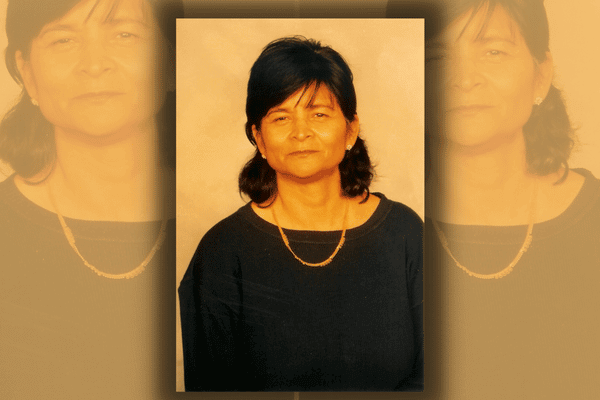When Dr Shailja Chaturvedi went to a home visit once in the mid-1970s, she was taken aback at the reaction she encountered.
“Family members were calling out to each other to come look at ‘the Indian lady doctor’,” she recalls. “They had no idea that an Indian woman could have a professional identity, believing India to be an uncivilised place.”
After 50 years of professional service, nearly all of them as a psychiatrist, ‘the Indian lady doctor’ has been felicitated with the OAM on Australia Day.
“I was pleasantly surprised when I heard the news,” Dr Chaturvedi smiles.
She arrived in Australia 53 years ago, having trained at King George Medical College Lucknow. She worked for two years as a GP and then undertook psychiatry training.
When she received her fellowship in 1976, she was the first Indian female Fellow of the Royal Australian and New Zealand College of Psychiatrists. Dr Shailja Chaturvedi spent ten years serving in the public system, then moved to private practice. Throughout, she performed speaking, teaching, and tribunal roles.
And throughout, she has been fighting professional barriers of one sort or another.
“In another incident also in the 1970s, I was with a colleague as we went to an event at RSL. The friend asked me to wait in the car while they popped in briefly. I learnt later that they had gone in to seek permission for me to enter.”
Dr Chaturvedi retired three years ago.
“I wanted to acknowledge other things that make up my identity,” she explains. “I did this via three books I have written so far. In Raising a Child I wrote as a mother, as a doctor and the East-West perspectives I bring to both roles. My second book is The Global Citizensof India. And the third is Reflections of a Psychiatrist: A Journey of Five Decades.”
It’s been a productive retirement.
But literary pursuits have always been dear to her – many in Sydney’s Indian community know of her as a Hindi poet and litterateur, and founder of Hindi Samaj.
Her books are published by Gita Press in Gorakhpur India, said to be the world’s largest publisher of religious books. Funds raised by their sales go towards a children’s charity she set up in the region two years ago, called ChildCan Cancer Foundation. CCCF offers affordable treatment for all types of childhood cancer, specialising in early detection. It also helps set up pediatric oncology units in hospitals such as at the Hanuman Prasad Poddar Cancer Institute in Gorakhpur.
Dr Chaturvedi is joined in this philanthropic work by her husband Dr Jay Chandra AM, an ophthalmologist who has been conducting eye annual camps at Fiji and India for two decades now.
How has psychiatry changed in 50 years, we ask?
“It has changed a great deal, largely because of social change. Many of the ‘deviant’ behaviours or ‘illnesses’ have now become part of normal life – such as homosexuality being recognised simply as a way of life. There’s also more openness about mental health issues now, it’s no longer taboo. There is however increase in issues like drug abuse, domestic violence, suicides. And yet, there’s also increased research to combat these issues as well. Plus of course vastly increased psychiatric services too. Equally important is the understanding that there can no defined ways of prevention or treatment – instead maintenance is important, and that there could be periods of remission.”
She adds, “Social media is also playing a role in dissemination of information, but we’ve got to be careful about how the information is going to be interpreted. There could be dangers involved there.”
Dr Chaturvedi is also passionate about associating with other doctors of Indian origin, not only as a way of supporting each other but also to jointly organise care programs back in the homeland. In terms of the latter, Dr Chaturvedi has found like-minded people at GAPIO (Global Association of Physicians of Indian Origin).
The former need is sufficiently catered for by AIMGA, Australian Indian Medical Graduates Association, which she herself founded nearly forty years ago. As part of AIMGA, Dr Shailja Chaturvedi was actively involved in the matter of India-trained doctors requalifying here. “It is an issue close to my heart, and I have spoken and written about it a bit. I participated in the Parliament enquiry on the matter, for a report that came out in 2012 called Lost in the Labyrinth. I’ve now come to believe that India must strive to retain its doctors. There’s irony there, given that I’ve moved here myself and that the health service here is largely run by Indian doctors. My point is, there’s plenty of opportunity in India, in terms of practice and research, and so much need.”
SEE ALSO: Mitu Bhowmick Lange AM, in conversation with Pawan Luthra





